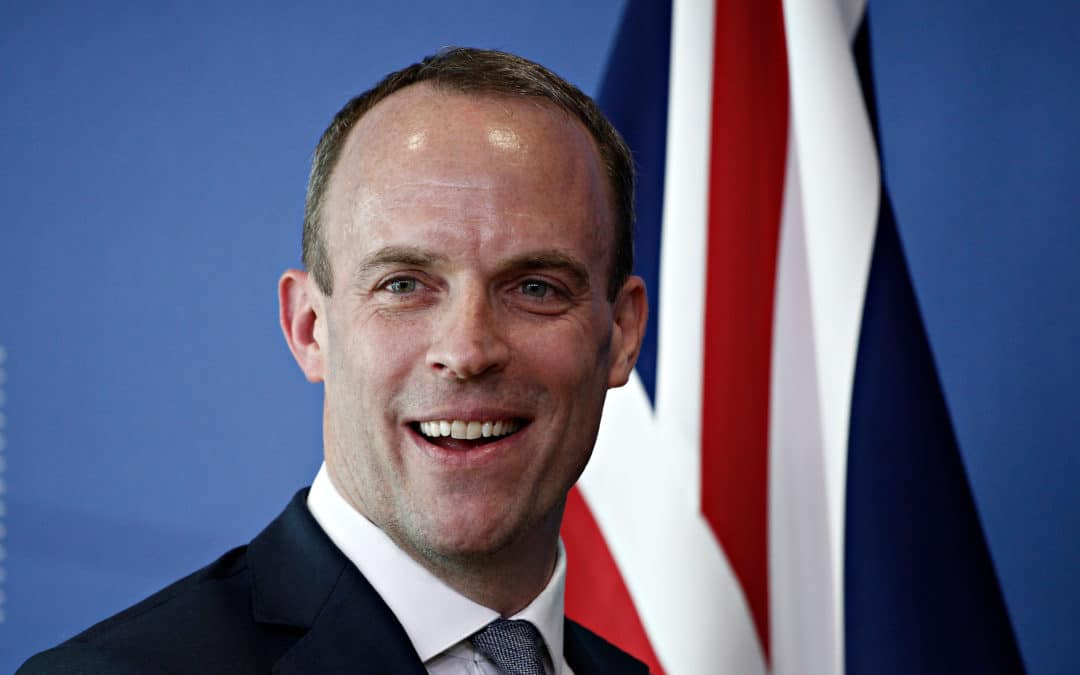The UK’s deputy prime minister and justice secretary, Dominic Raab, stepped down last month after an independent inquiry concluded that his ‘consistently abrasive behaviour’ had in some cases amounted to bullying. Civil servants were so petrified of disagreeing with him that some felt physically sick before meetings. Amongst other things, he was accused of ‘hard staring’ and interrupting staff with a raised hand when he’d heard enough. In his defiant resignation letter, Raab said he hadn’t intended to cause distress, but merely wanted to raise inadequate standards.
Our media is divided as to whether Raab is a villain or a victim of a stitch-up by lazy snowflakes. What do you think? One letter to The Times said that ‘sadly we are being driven by a generation that sees a raised voice as abuse’.
Whichever side of the debate you are on, harshly ‘telling it like it is’ is no longer considered acceptable. It’s not effective either. Old-school macho leaders like Raab might earn short-term obedience but that’s about it. Stressing people out raises their cortisol levels. This shifts their brains to make poor decisions. It’s a vicious circle.
Successful leaders create trust and respect. Psychologists have identified ‘conversational turn-taking’ and ‘social sensitivity’ as important aspects of the culture of psychological safety, the bedrock of high performance.
Psychological safety is a ‘sense of confidence that the team will not embarrass, reject, or punish someone for speaking up’. In psychologically safe teams people feel comfortable to discuss problems, take risks, challenge the status quo and take accountability. There’s nothing fluffy about it, quite the opposite.
Neuroscientist Matthew Lieberman talks about a neural see-saw, with outstanding leaders balancing high levels of logic with social skills like empathy, emotional regulation and intuition.
Leaders who are seen to be strongly analytical have a 14% chance of being rated as great at their job. Leaders who are strongly communicative and empathic have a similar 12% chance of being seen as a great leader. But if you are seen to have mastered both sides of the see-saw, you are massively elevated to an over 70% chance of being rated as a really great leader. Only one percent of leaders fall into this category.
Neuroscience proves that both hard and soft skills can be developed. ‘I can’t help the way I am’ is no longer an excuse for shoddy behaviour. Awareness through healthy feedback is the first step.
I’m running a masterclass on Emotional Intelligence with the London Business Forum on 9 May. Please visit my website for details of all my coaching and masterclasses including new Trusted Advisor training.

